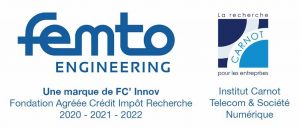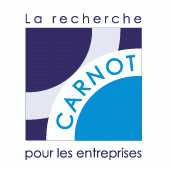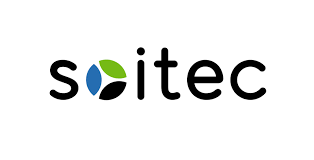TECHNOLOGICAL CENTER OF THE FEMTO-ST INSTITUTE
FEMTO Engineering offers specific and high-level engineering developments based on the research conducted at FEMTO-ST, a privileged partner. FEMTO Engineering meets your needs for industrial innovation from laboratory validation to the operational prototype.
FEMTO Engineering serves SMEs and large companies.
Location
FEMTO Engineering is located at 15B avenue des Montboucons in Besançon, in the heart of the FEMTO-ST laboratory and in the center of the Temis technology park.
Our different fields of technology
FEMTO Engineering conducts developments in 6 major technological sectors:
- Energy,
- Optics, photonics and laser machining,
- Electronics and hyperfrequencis,
- Micro-technologies for cleanrooms,
- Robotic systems,
- Artificial intelligence.
The level of maturity of developments current technology ranks between 3 and 7 on the TRL (Technology Readiness Level) scale.
World records
- Word stability record with ultra-stable ULISS cryogenic oscillator
- World machining record with femtosecond laser nano-machining
Our team
Our team consists of 12 employees, mostly engineers and doctors. Coming from the world of research or business, they are the privileged contacts for manufacturers.
The engineers are directly integrated into research teams: in Belfort for energy, in Besançon for time frequency, micro-manufacturing and micro and nano-machining.
Statutes
Femto Engineering is the center of energy of the FC’INNOV foundation, created in 2013 by the University of Franche-Comté.

FEMTO Engineering was awarded Carnot Institut accreditation (Carnot Télécom & Société numérique) for the quality of its engineering partnerships.
Labeled in 2006 and then renewed in 2011 and 2016, the Carnot Telecom & Digital Society institute represents the benchmark in Information and Communication Science and Technology (STIC). It has 31 research laboratories.
Carnot Télécom & Société numérique Institute
It offers high-level research and integrated solutions to complex technological problems induced by digital, energy-ecological and industrial transformations:
- Networks, communication and information processing systems,
- Strong interactions between interfaces and contents,
- Critical role of communication in the development of uses.
It focuses on the technical, economic and social implications of the digital transition, in particular on the issues of communication objects, networks and media of the future, uses and services, autonomy and health of people, environment or security.
Trusted by:








